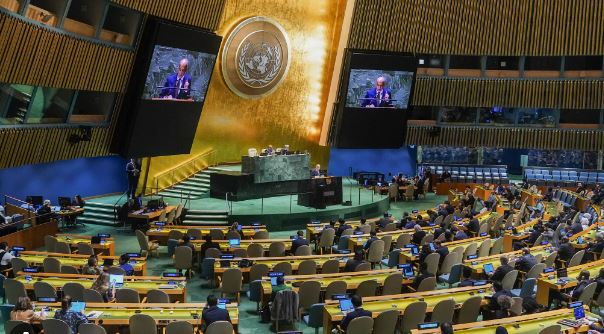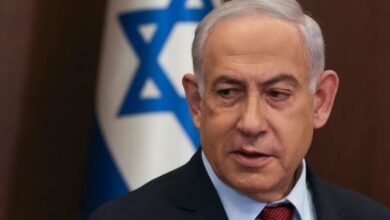U.S. Criticizes Israel on Gaza Civilian Toll as UN to Hear Ceasefire Demand

In a significant development amid the ongoing conflict in Gaza, U.S. Secretary of State Antony Blinken has publicly criticized Israel for the civilian toll in south Gaza. Blinken emphasized the importance of civilian protection and noted a discrepancy between Israel’s stated intent and the actual outcomes observed on the ground.
The conflict, which escalated following a Hamas attack on Israeli towns on October 7, has resulted in substantial civilian casualties and displacement. More than 17,170 Palestinians have been killed, and 46,000 wounded since the beginning of the Israeli bombardment in Gaza. The initial Hamas attack resulted in 1,200 deaths and over 240 hostages, according to Israeli reports.
The situation in Gaza is dire, with a large portion of its 2.3 million residents displaced, some multiple times, carrying only what they can. Areas such as Khan Younis and Gaza City’s Shejaia district have been particularly affected, with hospitals like the Nasser hospital in Khan Younis overwhelmed by the number of casualties.
Amidst these developments, the United Nations Security Council is set to hear demands for a ceasefire. The United Arab Emirates has requested a vote on a draft resolution demanding an immediate humanitarian ceasefire in the region. This resolution aims to protect both Palestinian and Israeli civilian populations in accordance with international humanitarian law. However, the United States and Israel currently oppose a ceasefire, believing it would benefit Hamas.
In response to the humanitarian crisis, Israel has agreed to open the Kerem Shalom border crossing for the screening and inspection of aid trucks, a move seen as essential for providing relief to the besieged Gazans.
The conflict has also seen international involvement in various forms, with President Joe Biden speaking separately by phone with Israeli Prime Minister Benjamin Netanyahu and Jordan’s King Abdullah, emphasizing the need to protect civilians.
The situation remains tense, with no immediate end to the fighting in sight. The international community continues to watch closely as events unfold in this deeply troubled region.
For more detailed information, you can refer to the articles on Reuters and The Business Standard.





